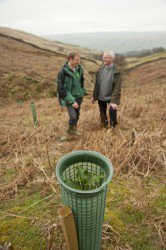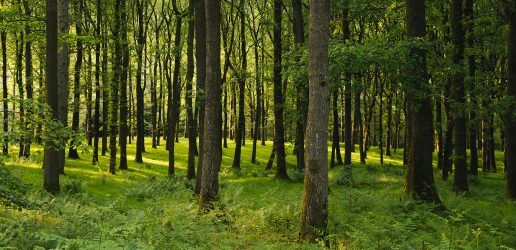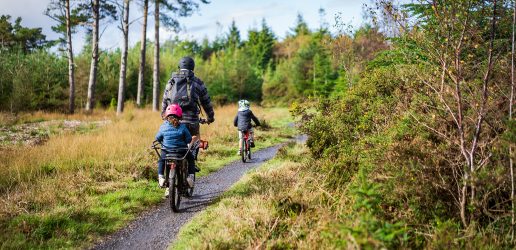
There is growing interest in working with natural processes (WWNP) to reduce flood risk. WWNP aims to protect, restore and emulate the natural functions of catchments, floodplains, rivers and the coast. It includes, for example, restoring peat moorlands, re-meandering rivers, targeting woodland planting and improving floodplain connectivity to help to reduce the flood risk to communities downstream.
Considerable research has taken place to improve our understanding of the effectiveness and wider benefits of WWNP. This has meant that it has been hard for flood risk managers to access up-to-date information on WWNP measures and to understand their potential benefits.
Now, for the first time, the evidence from these studies has been summarised and published in one location as the Environment Agency’s Working with Natural Processes – Evidence Directory.
The Directory includes a detailed literature review, 65 case studies, 14 one-page summaries of each measure, as well as guidance on how to monitor their impact. It also identifies the research gaps that still need to be addressed.
It is accompanied by open access maps that will help decision-makers to think about the types of measure that may work in a catchment and where to potentially locate them. In turn, a supporting guide explains the types and extent of evidence needed to help make the case for WWNP when developing business cases.
Forest Research was part of the core research team undertaking the study and reviewed the evidence on the woodland related aspects of WWNP. Chapter Three of the Directory focuses on ‘woodland management’ and includes, amongst others, sections on catchment woodland, cross-slope woodland, floodplain woodland and riparian woodland.
Find out more about our work on WWNP to reduce flood risk.

The British Woodlands Survey, 2025, which focuses on resilience launches.

Forest Research has released the results of the Public Opinion of Forestry Survey 2025 for England and the UK, Scotland and Wales.
New research has been published which explores how to enable and encourage access to woodlands for diverse members of the public.

The British Woodlands Survey, 2025, which focuses on resilience launches.

Forest Research has released the results of the Public Opinion of Forestry Survey 2025 for England and the UK, Scotland and Wales.
New research has been published which explores how to enable and encourage access to woodlands for diverse members of the public.